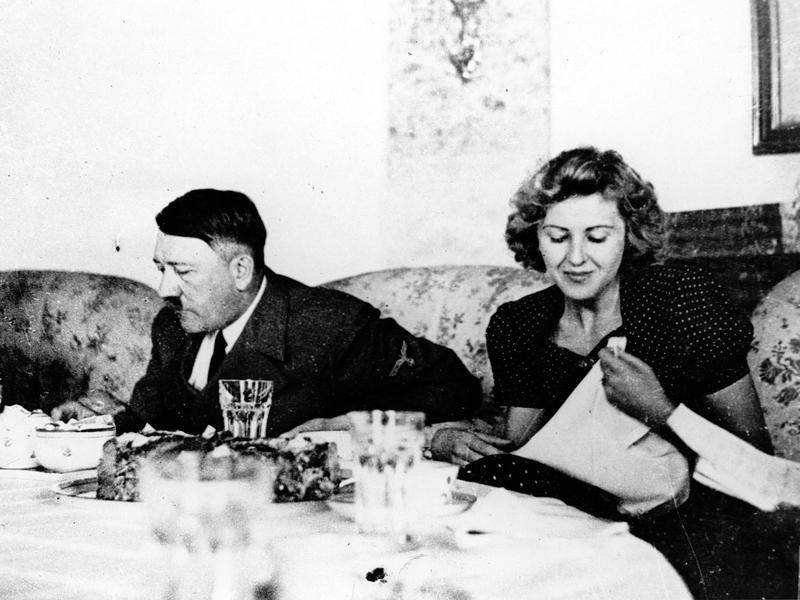With military victory slipping out of reach, Adolf Hitler and his wife of less than 40 hours, Eva Braun, took their own lives in his central Berlin bunker 75 years ago on April 30, 1945.
After hosting a brief middle-of-the-night wedding breakfast, Hitler shot himself the following afternoon. Braun poisoned herself.
At other times during those final grim days, Hitler would rage against his military commanders for what he saw as their failures to regain the initiative in heading off the allies’ advance as the Red Army closed in on Berlin.
And as his dreams of a vast German empire crumbled, Hitler faced another battle – a power struggle within the Nazi elite over the future of the regime he had forged 12 years earlier.
While one of his deputies, Hermann Goering, demanded that Hitler step aside so he could take up the reins of power, SS chief Heinrich Himmler tried to negotiate with the Western allies. One of Hitler’s final acts was to order that both Goering and Himmler be arrested.
Originally built as an air-raid shelter for the Nazi leader, the bunker remains closed off to the public today after large parts of it were destroyed by the Soviet forces and later by the communist East German state, which was formed at the end of the war.
In one of his last public appearances, a broken Hitler emerged from the destruction of the chancellery garden in Berlin to award Iron Crosses to members of the Hitler Youth who had been fighting a last-ditch battle to ward off defeat.
Read the article in The Courier (AAP).

